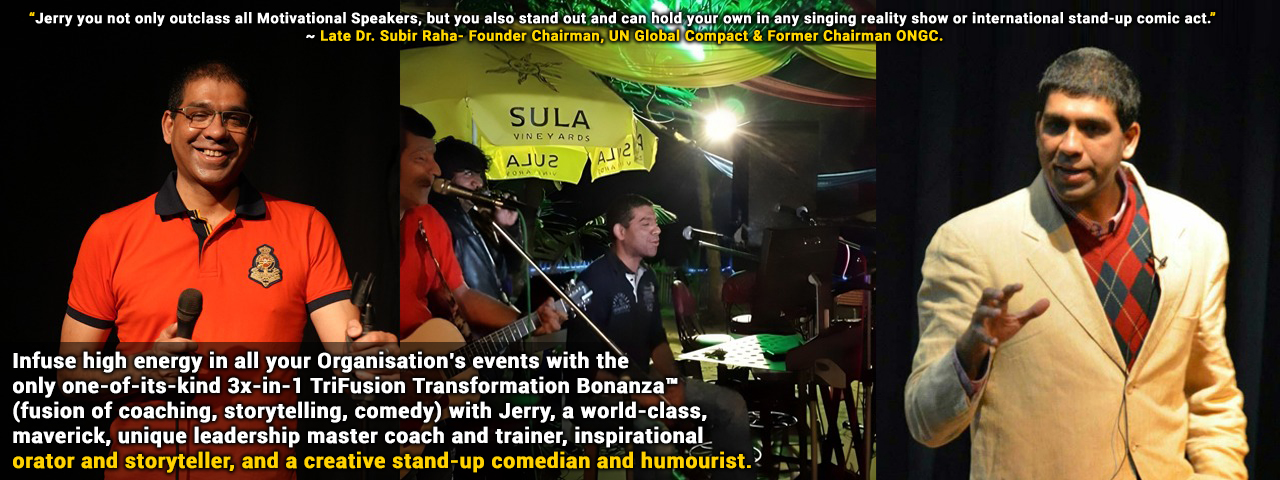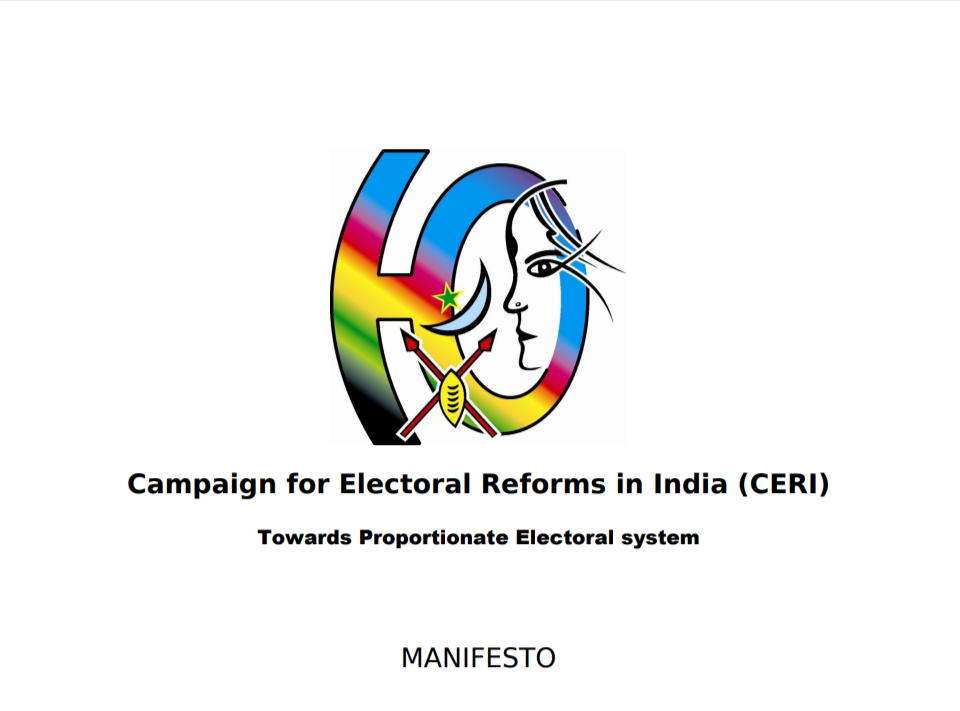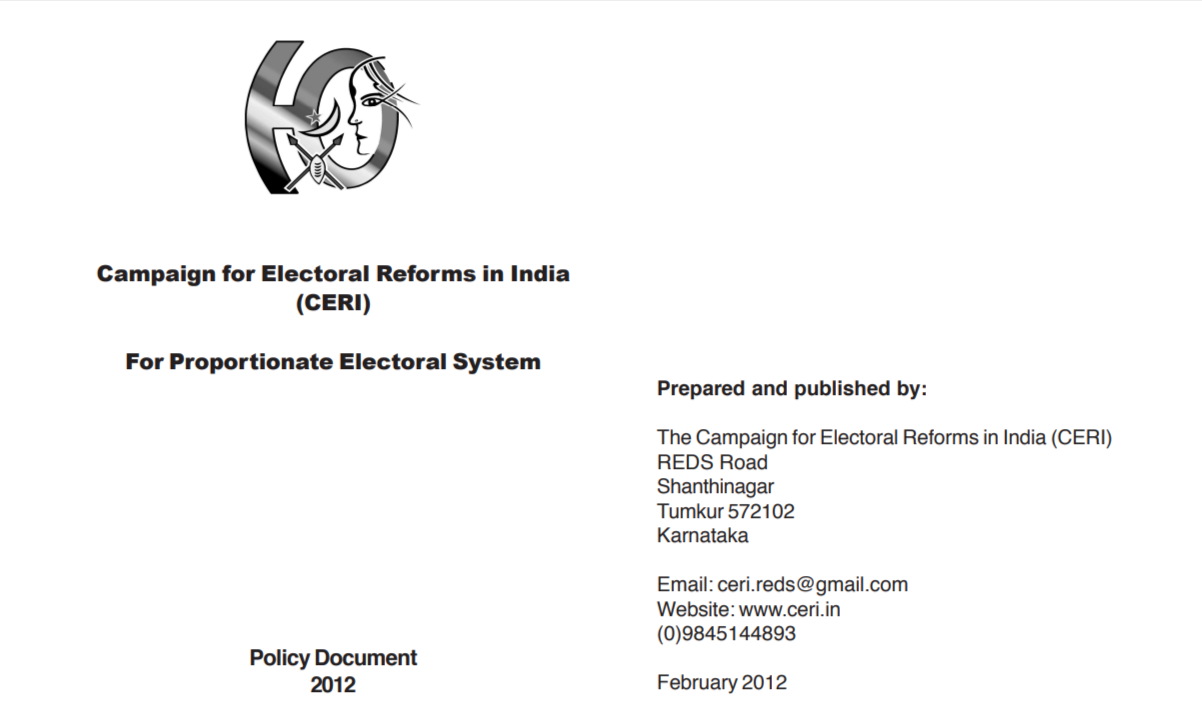Campaign for Electoral Reforms in India (CERI): A Comprehensive Initiative for Democratic Transformation
The Campaign for Electoral Reforms in India (CERI) emerged from the visionary RIGHT every WRONG conclave in 2008, which was later rechristened as the REX conclave in 2012. This ground-breaking initiative was established with distinguished Chief Patrons including Mr. James Michael Lyngdoh and Mr. T.S. Krishnamurthy, both former Chief Election Commissioners of India. James Michael Lyngdoh served as the Chief Election Commissioner from June 2001 to February 2004, and was internationally recognized for his role in ensuring free and fair elections in challenging circumstances, particularly in Jammu & Kashmir and Gujarat. He received the prestigious Ramon Magsaysay Award for his commitment to democratic principles. T.S. Krishnamurthy, the 13th Chief Election Commissioner (February 2004 to May 2005), was instrumental in the nationwide rollout of Electronic Voting Machines during the 2004 Lok Sabha elections. The campaign was spearheaded by Dr. M.C. Raj, described as a firebrand Dalit leader, in partnership and close consultation with Jerry Almeida.
CERI established strategic partnerships with international organizations including:
- United Nations (UN)
- People's Partnership International (PPI)
- Other global electoral reform entities
These partnerships reflect the campaign's commitment to learning from international best practices and contributing to global democratic discourse.
Core Reform Advocacy: To move from First-Past-The-Post (FPTP) to Proportional Representation (PR). CERI identified fundamental flaws in India's First-Past-The-Post (FPTP) electoral system:
- Minority Rule: Parties with less than 30% of votes can win majorities and form governments
- Vote Wastage: Large portions of the electorate remain unrepresented in governance
- Systemic Exclusion: Dalits, Adivasis, minorities, and women face structural barriers to representation
- Corruption Incentives: The system encourages "corruption, use of muscle power, communalism" to gain marginal winning advantages
Proportional Representation Solution
Under CERI's proposed PR system:
- True Majority: Requires more than 50% of votes for governance mandate
- Vote Value: All votes contribute to representation, none are wasted
- Inclusive Representation: Ensures broader demographic participation in governance
- Democratic Legitimacy: Governments genuinely reflect popular will
In October 2011, CERI organized a comprehensive workshop in Berlin featuring electoral reforms experts from across the globe. This international collaboration resulted in the creation of a detailed policy document that synthesized global best practices with Indian democratic needs.
Official Engagement with Election Commission: The policy document was formally presented to Chief Election Commissioner S.Y. Quraishi in 2012, who served as the 17th Chief Election Commissioner from July 2010 to June 2012. Dr. Quraishi was the first Muslim to hold this position and was recognized among the most powerful Indians during his tenure. Following CERI's presentation, CEC Quraishi established a three-member committee to examine the proportional representation proposal:
Committee Composition:
- Chairman: Sudhir Tripathi, Senior Chief Electoral Officer
- Representatives from the Election Commission of India
- Representatives from the Law Commission of India
Committee Mandate:
- Study the demand for a proportional representation system
- Examine "ways and means of ushering in the proportional representation system"
- Conduct formal meetings with CERI representatives
- Provide recommendations for potential implementation
In 2021 during a podcast with Jerry Almeida CEC Mr S. Y Quraishi told Jerry that the CERI manifest and proposal is a great step in the right direction for India, the world’ largest democracy.














